In our modern world, where technology and connectivity are at our fingertips, we’ve gained unparalleled convenience. Yet, this ever-connected environment often brings with it a sense of being swamped by information and societal demands. The constant buzz of city life, frequent notifications from our devices, and the persistent urge to stay ahead can make genuine relaxation rare.
Amidst this backdrop, the timeless wisdom of holistic remedies stands out. These treatments, honed over centuries, present genuine avenues to tranquility and balance. They serve as a gentle reminder of the soothing embrace of nature and the time-tested benefits it offers. It’s an invitation to reacquaint ourselves with the natural world and find grounding in its essence.
Herbal Teas: Nature’s Soothing Brew
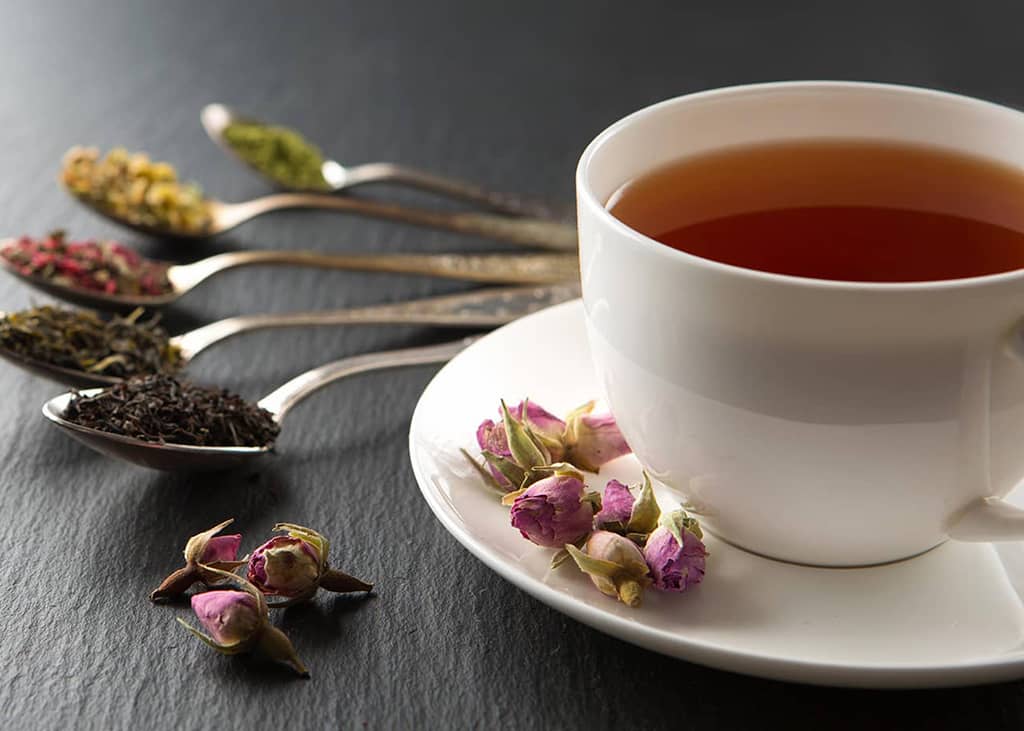
Across cultures, the ritual of brewing and sipping herbal teas has been cherished. Each cup tells a story — of traditions, of ancient knowledge, of nature’s potency. Chamomile, with its delicate petals, is hailed for its tranquilizing qualities. It’s believed to soothe the nervous system, possibly aiding in combating insomnia. On the other hand, the refreshing peppermint tea, with its invigorating aroma, is often associated with tension relief, potentially easing migraines and enhancing mental clarity. These infusions do more than just tantalize the taste buds; they offer a multisensory journey to relaxation and wellness.
Essential Oils: Aromatic Pathways to Serenity
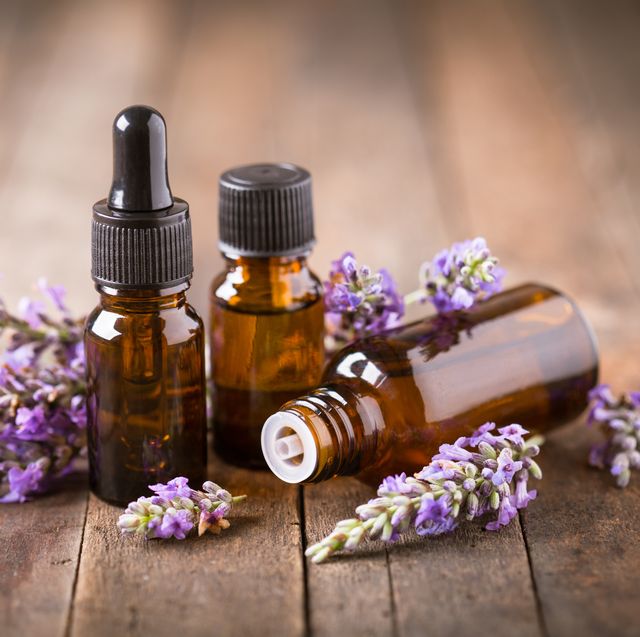
The essence of a plant, captured in a tiny vial of essential oil, carries the profound power of nature. Lavender, with its floral notes, is synonymous with relaxation. A few drops in a bath or on a pillow, and the ambiance transforms, potentially aiding in deeper sleep and reduced anxiety. Eucalyptus and tea tree oils, with their fresh, penetrating scents, can invigorate and rejuvenate, possibly alleviating mental fatigue. These oils, when diffused or applied appropriately, can act as bridges, transporting one to lush fields, dense forests, or tranquil gardens.
Harnessing the Power of Nature’s Flora
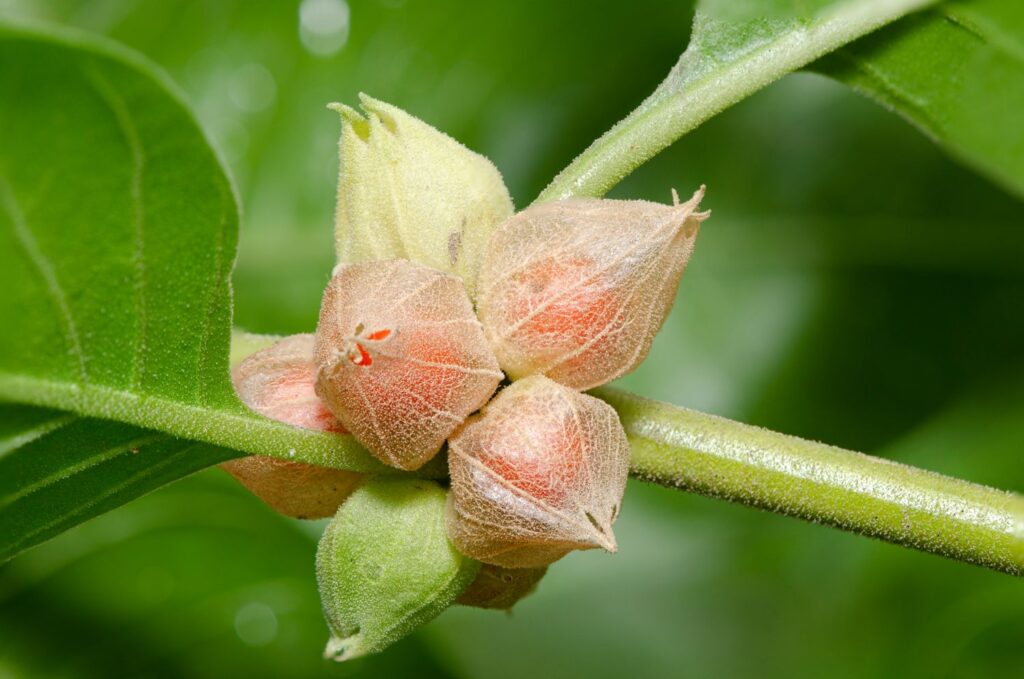
From dense rainforests to arid deserts, nature blossoms with plants revered for their calming properties. These botanical wonders often enveloped in folklore and traditions, have found their way into modern holistic remedies:
- Ashwagandha (Withania somnifera): An ancient medicinal herb, ashwagandha is classified as an adaptogen, meaning it can help the body manage stress. It’s widely used in Ayurvedic medicine to boost brain function, lower blood sugar and cortisol levels, and help fight symptoms of anxiety and depression.
- Holy Basil (Ocimum sanctum): Also known as Tulsi, Holy Basil is another adaptogenic herb revered in Ayurvedic medicine. It’s believed to counteract the effects of stress, thereby improving mental clarity and mood.
- THCa (Tetrahydrocannabinolic acid): THCa is the non-psychoactive precursor to THC found in raw and live cannabis. While it doesn’t induce the “high” associated with THC, preliminary studies suggest that THCa may offer therapeutic benefits, including potential stress relief.
As the challenges of modern life intensify, an increasing number of individuals are turning to these age-old solutions. Be it in tinctures, capsules, or raw forms, the flora’s therapeutic essence remains undiluted, catering to the soul’s yearning for genuine tranquility.
Yoga and Meditation: Uniting Body and Mind

Originating from ancient Indian philosophies, yoga and meditation represent a harmonious blend of physical postures and mental discipline. A yoga session, with its myriad asanas, aligns the body and mind, possibly leading to lowered cortisol levels, and by extension, reduced stress. Meditation, with its emphasis on breath and mindfulness, offers an oasis of tranquility amidst the chaotic mental landscapes. Together, they pave the way for a holistic well-being, aligning the physical, mental, and spiritual dimensions of an individual.
Forest Bathing: Immersing in Nature’s Embrace

The Japanese practice of “Shinrin-yoku,” or forest bathing, is less about physical activity and more about immersion. It’s about syncing one’s heartbeat with the rhythmic rustling of leaves, about letting the forest’s aroma infuse every breath, about feeling the Earth’s embrace. Multiple studies suggest that such immersive experiences can lead to reduced stress levels, enhanced mood, and even a boost in immunity. Beyond the tangible, forest bathing is a spiritual journey — a communion with nature in its purest form.
The Magic of Sound Therapy
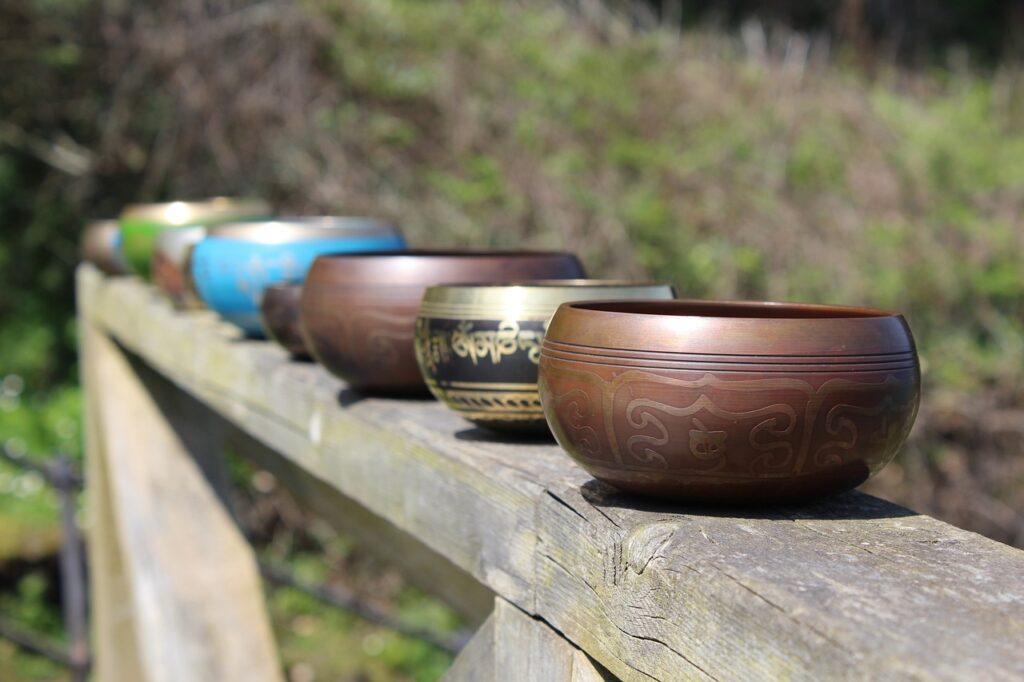
From the dawn chorus of birds to the whispering winds and the resonant hum of Tibetan singing bowls, sounds have the ability to resonate with our innermost being. These natural harmonies and frequencies have been employed in therapeutic practices to possibly aid in relaxation, alleviate stress, and even enhance focus. Sound therapy offers a symphonic escape from the cacophonous realities of urban life, tuning the mind to the melodious symphonies of the universe.
Gardening: Nurturing Plants and the Self
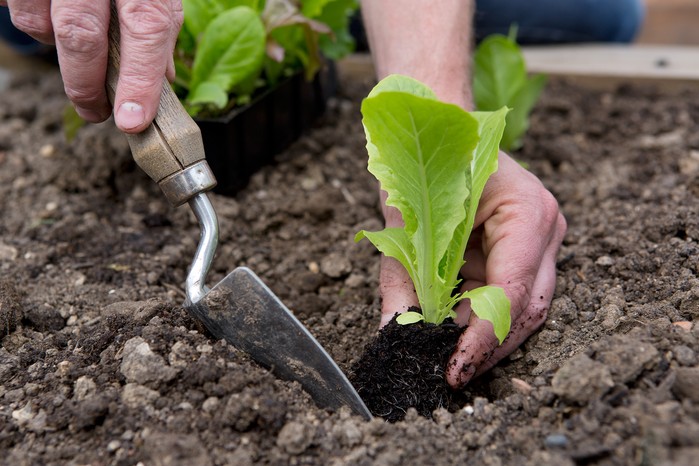
The act of gardening, more than just a hobby, is a deep dive into life’s rhythms. As one sows seeds, tends to saplings, and watches them blossom, there’s a profound sense of accomplishment and connection. The textures of soil, the fragrance of blossoms, and the myriad hues of greens and florals offer a therapeutic retreat. This hands-on interaction with the Earth can be grounding, fostering patience, mindfulness, and a renewed appreciation for life’s cycles.
Dietary Choices: Foods that Calm

What we consume invariably influences our mental state. Some foods, endowed with specific nutrients, can play pivotal roles in promoting calm and reducing anxiety. Magnesium-rich foods like almonds, for instance, can potentially regulate neurotransmitters, ensuring neural balance. Omega-3 fatty acids, abundant in fatty fish, have been linked to mood stabilization and potential reduction in depressive symptoms. Incorporating these into one’s daily diet can be a flavorful journey to mental equilibrium.
Journaling: Unburdening on Paper

For many, journaling is akin to a heart-to-heart conversation with oneself. It’s a canvas for raw emotions, undiluted thoughts, dreams, and reflections. The act of putting pen to paper, of articulating feelings, can be cathartic. Whether it’s detailing everyday events, penning down moments of gratitude, or expressing pent-up emotions, journaling offers a safe space, a confidante in the form of bound pages.
Conclusion
Nature, in its infinite wisdom, offers a plethora of remedies for the weary soul. It invites us to pause, to listen, to feel, and to heal. Embracing nature’s calm through these holistic approaches, will give you more than just respite from stress; You discover a deeper connection with yourself and the universe. The journey to relaxation and wellness, it seems, is but a heartbeat away.
